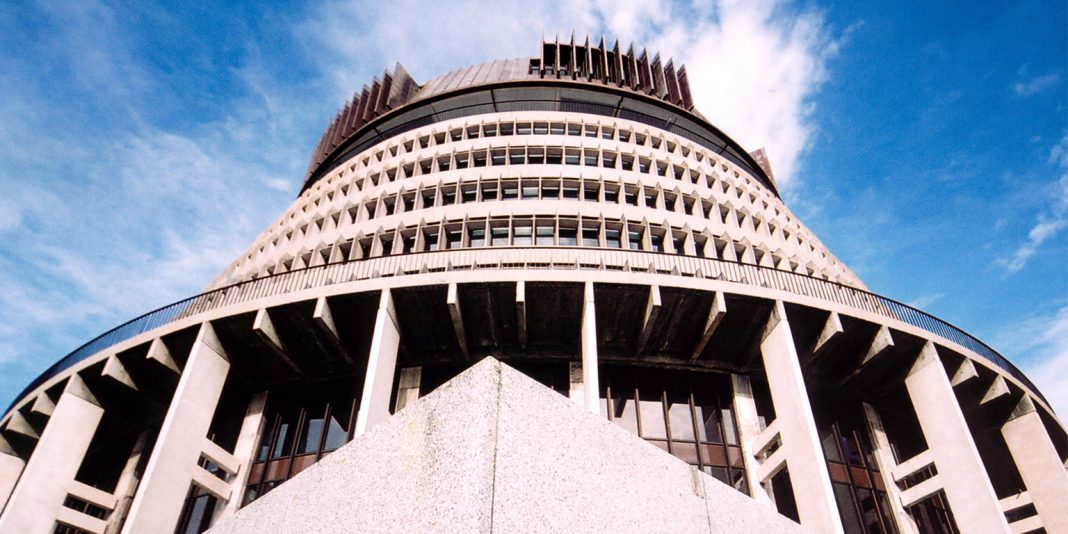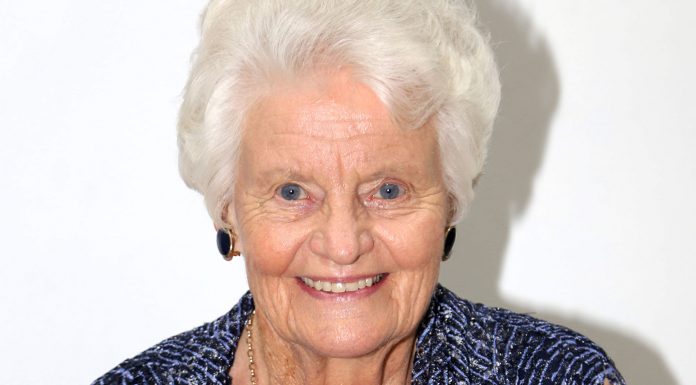New Health Minister David Clark is “inheriting a terrible mess” but the sector has “high hopes” he can tackle the challenges facing health, say health leaders.
“I feel sorry for David Clark,” said Professor Jenny Carryer, executive director of the College of Nurses. “I think he’s inheriting a terrible mess…a slowly imploding health system.”
Incoming Prime Minister Jacinda Ahern today announced Dunedin North MP and former Treasury analyst and Presbyterian minister Dr David Clark as the new Minister of Health. Joining him as associate ministers of health will be the country’s first Tongan-born minister, Jenny Salesa and Green party health spokesperson Julie Anne Genter. Both Clark and Salesa are in cabinet (numbers 10 and 15 respectively) while Genter holds portfolios outside of cabinet.
Carryer said she was absolutely delighted at Clark’s appointment. “He has a strong background through Treasury of using evidence to inform policy and he is clearly a thinker and is background gives me great confidence that we will see some much more effective decision-making.”
She also noted incoming deputy Prime Minister Winston Peters’ comments last week and agreed that “we have been hell bent on a neoliberal/capitalist direction and it’s long overdue for a rapid reversal of how and why we do things…and where we get advice”.
Jane MacGeorge, acting chief executive of the New Zealand Nurses Organisation (NZNO), said the new minister showed a good understanding of the social determinants of health such as poverty and the quality of housing. (See also earlier related story: Nursing unions welcome new government)
She said NZNO planned to meet with the Minister soon to discuss building a more sustainable nursing workforce and the need for nurses to be consulted on policy impacting on nursing and health. MacGeorge said the ‘health spend freeze’ of the last few years had had a negative impact on nursing, particularly staff shortages impacting on the care nurses can provide patients and nurses’ ability to get coverage for professional development leave.
Dalton Kelly, chief executive of the New Zealand Rural General Practice Network, also welcomed the new minster and looked forward to working with him to “resolve the long-running health challenges facing rural communities.”
“It is encouraging to see that both Labour and New Zealand First have common ground in terms of primary care health policy, such as the recruitment and training of more GPs and health professionals, a review of the number and funding of DHBs and PHOs and a need to review and improve mental health services,” said Kelly.
Ian Powell, executive director of the Association of Salaried Medical Specialists said Clark had already shown a good grasp of the portfolio and the association had “high hopes that he will be willing to tackle the challenges facing public health. “These include years of significant under-resourcing of public hospitals, longstanding shortages of senior medical specialists, a high level of unmet need in our communities, and disruptive privatisation moves.”
He said members looked forward to working with the new minister to rebuild the public health system and ensure equitable, quality access to health care for all.
David Clark was born in Auckland and graduated from the University of Otago in 1996 with a BA and a Bachelor of Theology. He was a Presbyterian minister for three years before returning to the University of Otago to gain his PhD after which he was a Treasury analyst for three years then an advisor to then Labour cabinet minister David Parker in 2006-07 (under the Helen Clark Government). He returned to Dunedin in 2008 to become warden of Selwyn College until elected as MP for Dunedin North in 2011. On the resignation of longstanding health spokesperson Annette King he became Labour’s health spokesperson. The new Minister of Health has twice completed the New Zealand Ironman course at Taupo.
MacGeorge said it was pleased to see the new Government’s emphasis on ending child poverty and commended the incoming Prime Minister’s stance by becoming the Minister for Child Poverty Reduction. She said it also wanted to see more Māori nurses attracted into nursing and more nurses going into mental health. Plus it wanted the sector’s more senior experienced nurses to stay in nursing and for employers to accommodate these nurses’ needs to keep them in the profession.
MINISTERS of HEALTH
David Clark
- Minister of Health
- (Also Associate Minister of Finance)
Jenny Salesa
- Associate Minister of Health
- (Also Minister for Building and Construction, Minister for Ethnic Communities, Associate Minister for Education and Associate Minister of Housing and Urban Development)
(Outside Cabinet)
Julie Anne Genter (Green Party)
- Associate Minister of Health
- (Also Minister for Women and Associate Minister of Transport)
Some other health-related portfolios
Jacinda Ahern
- Minister for Child Poverty Reduction
Carmel Sepuloni
- Minister for Social Development
- Minister for Disability Issues
- Associate Minister for Pacific Peoples
Phil Twyford
- Minister of Housing and Urban Development
Nanaia Manuta
- Minister for Māori Development
- (Also Minister of Local Government and Associate Minister for the Environment)
(Outside Cabinet)
Peeni Henare
- Minister for Whānau Ora
- Minister for Youth
- Minister for the Community and Voluntary Sector
- Associate Minister for Social Development
Aupitu William Siu
- Minister for Pacific Peoples
- (Also Associate Minister for Courts and Associate Minister of Justice)
Tracy Martin (New Zealand First)
- Minister for Children
- Minister for Seniors
- (Also Minister of Internal Affairs and Associate Minister of Education)





















